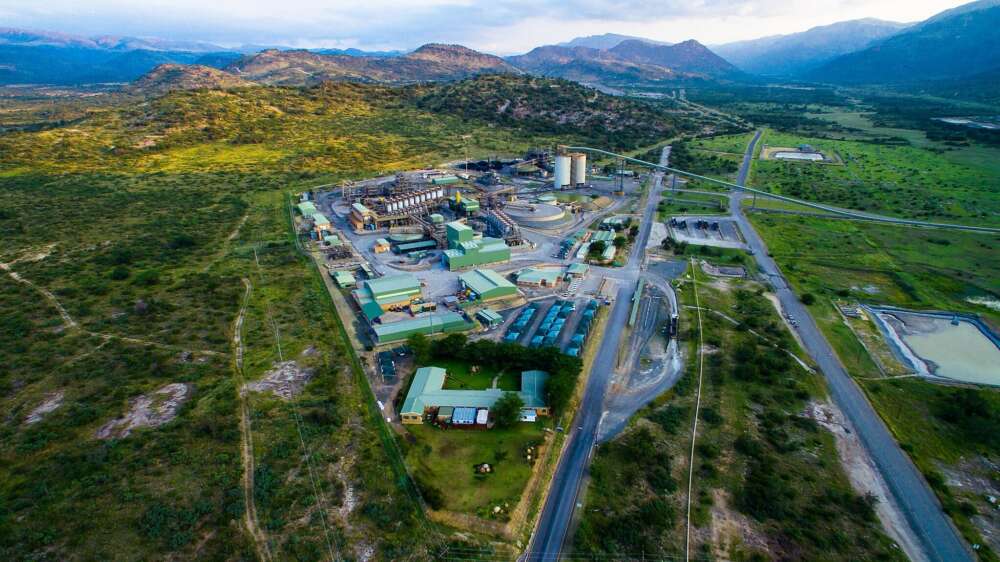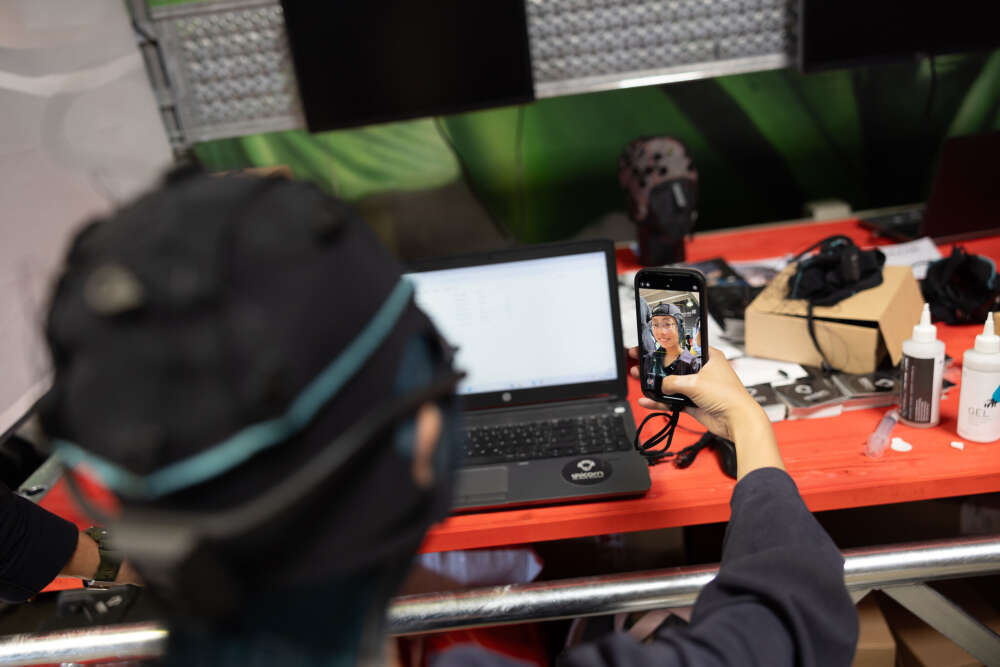Mitigating Disinformation in Europe
Challenges and Opportunities for Civil Society Organizations and Private Actors
In Europe, the proliferation of disinformation threatens to potentially undermine democratic processes and erode trust in media and institutions. False narratives, which can spread rapidly through digital platforms, aim to manipulate public opinion, influence elections and destabilize societies. It is therefore essential that the European Union and Member State governments not only develop effective rules to combat disinformation, but also provide the necessary support to other protagonists trying to do the same.
The various actors engaged in actively countering disinformation – including civil society organizations (CSOs), research institutions, the private sector, and the media – are using multiple strategies. Fact-checking organizations and content moderation approaches serve as a first line of defense to verify facts and moderate online content, thereby curbing the spread of false information. Academia and research institutions, as well as CSOs and private companies, conduct in-depth research, analysis, monitoring, and auditing to understand disinformation patterns, develop effective strategies, ensure compliance with regulations, and evaluate the effectiveness of countermeasures. In addition, media literacy and education efforts aim to equip citizens with critical thinking skills to evaluate media content, thereby building societal resilience to disinformation. Finally, self-regulation encourages platforms and publishers to voluntarily adhere to ethical standards to mitigate the spread of disinformation.
However, these actors face several key challenges in their efforts to counter disinformation. First, it is difficult to keep up with the volume and speed at which disinformation is created and disseminated. Moreover, the allure of sensational and fake information often garners more attention than factual information, complicating efforts to ensure that quality information is more accessible and engaging than disinformation. Furthermore, limited resources and expertise, particularly among civil society and research organizations, hamper their ability to effectively combat disinformation. In addition, social media platforms and traditional media outlets each face complex dilemmas in striking a healthy balance between commercial interests and public responsibility.
This study provides a number of key insights to improve the effectiveness of the fight against disinformation, namely:
- Prioritize the enforcement of existing regulations over the premature adoption of additional measures;
- It is important to create a strong discussion on sustainable funding mechanisms to support ongoing anti-disinformation efforts;
- The issue of data access should be addressed by ensuring broader and more equitable access to data from social media platforms;
- Strengthening media literacy programs and supporting independent journalism to build public resilience is critical;
- Adopting a long-term and integrated approach involving all stakeholders is necessary to effectively mitigate the threat of disinformation and foster a resilient information ecosystem.
This report is part of the international research series “Strengthening Democracy, Countering Disinformation,” commissioned and published by the Bertelsmann Stiftung. Visit the project page and download other studies in this research series here.








